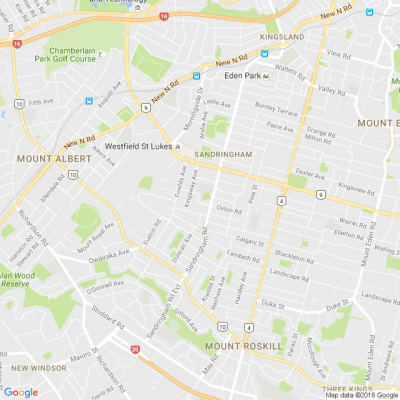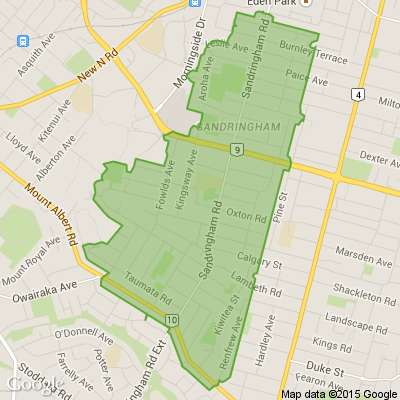Here comes the hot weather: Parts of New Zealand due to push past 30C this week
Kiwis are in for an early dose of scorching summer heat later this week - with temperatures pushing past 30C in parts of the country.
MetService is forecasting highs of 28C, 31C and 29C for Napier, Hastings and Gisborne respectively on Thursday.
“That’s well above average for this time of year – but we’re of course knocking on the door of summer,” MetService meteorologist Mmathapelo Makgabutlane said.
That warmth will be felt in most regions: Auckland, Hamilton, Tauranga and Whangārei are likely to experience highs in the early to mid-20s over the remainder of the week.
Further south tomorrow, the mercury is likely to rise as high as 27C in Christchurch – well past its November average of 19C – while Timaru is in for a toasty maximum of 26C.
“Those day-time temperatures are certainly on the warm side, but some of the overnight temperatures also don’t dip too low,” Makgabutlane said.
Aucklanders were in for balmy lows of 16C and 17C over the next few nights, with high humidity likely to hamper sleep across the city.
“But even parts of Southland have minimum temperatures in the mid-teens, which is fairly warm.”
Makgabutlane said the heat was coming with a ridge of high pressure meeting a northwesterly air flow – drawing warm, moist air over New Zealand.
On Thursday, a frontal system was also forecast to begin bringing rain and wind to the South Island, with the wettest weather expected in the west.
But little of that was likely to reach parched northeastern areas like Hawke’s Bay.
“If we’re lucky, there may be a little bit of rain from that, but there’s nothing substantial on the cards.”
The dry and hot conditions are already fuelling concern about fire danger in the region, months away from the peak of summer.
Fire and Emergency New Zealand Hawke’s Bay district manager Glen Varcoe confirmed fire-risk indices were late last week elevated to high across the Ahuriri and Heretaunga districts, including Napier and Hastings and coastal regions north to Wairoa.
Last Thursday, police said both fire safety officers and police had been investigating five bush and scrub fires in Northern Hawke’s Bay, in some cases suspected deliberately lit.
Niwa reports temperatures are likely to be warmer than average through to January, with frequent northwesterly winds leading to more days above 25C.
Also raising the odds for hot summer weather was the potential for marine heatwave conditions – already occurring in seas to the east of New Zealand – to expand and intensify.
==============================================
Show us what you've been up to...
Brighten our day, and show us a glimpse into your world, neighbours.
We'd love to see some of the photos you've taken lately or any craft/DIY projects you're working on.
Simply add a photo below 📷🌅 🌻

Warning: These riddles might blow your mind🤯 Try them if you dare! 🚀
What rock group consists of four famous men, but none of them sing?
Do you think you know the answer? Don't spoil it for your neighbours! Simply 'Like' this post if you know the answer and the big reveal will be posted in the comments at 2pm.
Want to stop seeing these in your newsfeed?
Head here and hover on the Following button on the top right of the page (and it will show Unfollow) and then click it. If it is giving you the option to Follow, then you've successfully unfollowed the Riddles page.

Poll: Should the second harbour crossing be a bridge or tunnel?
The government is prioritizing building a second crossing additional to the Auckland Harbour Bridge.
What's your preference? Bridge or tunnel?

-
34.4% Bridge
-
62.5% Tunnel
-
3.1% Other - I'll share below







 Loading…
Loading…





















